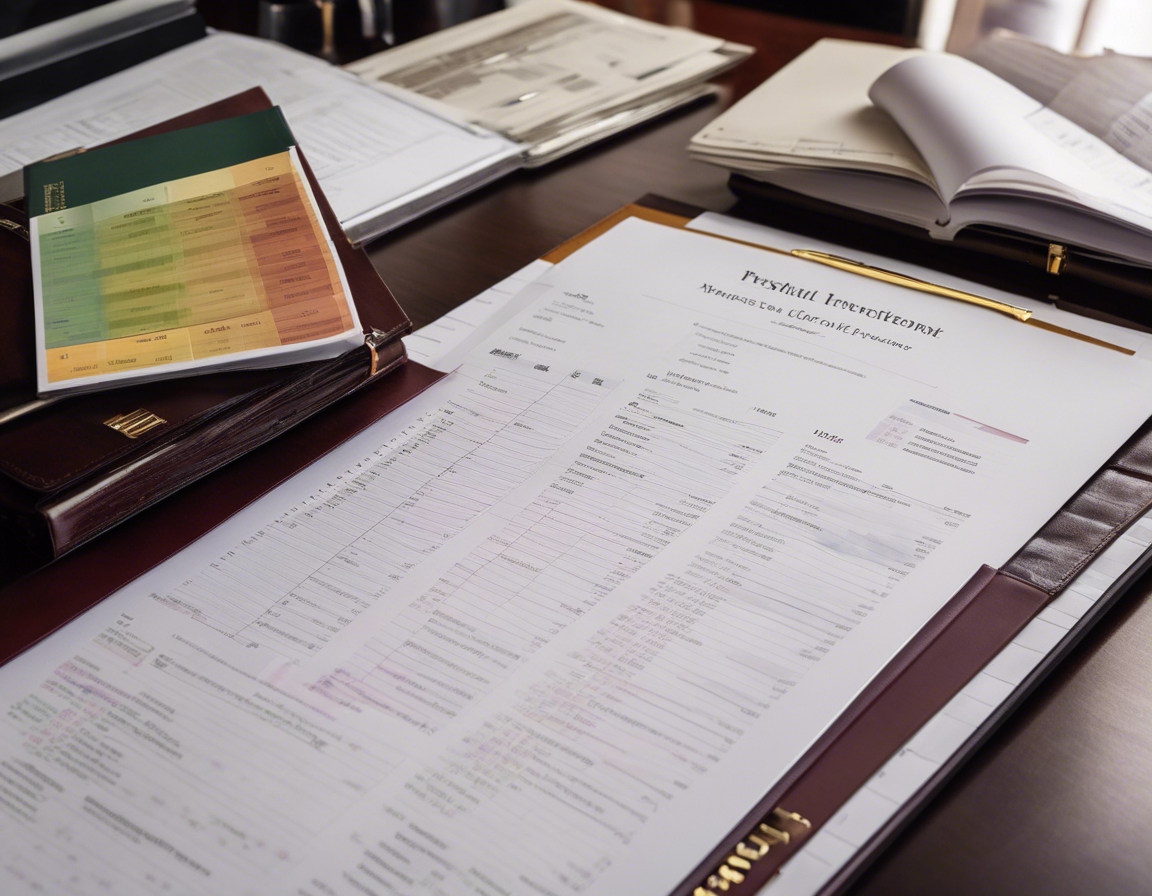5 tips for efficient daily bookkeeping
Efficient bookkeeping is the backbone of a successful business, providing clarity on financial health and enabling informed decision-making. For small to medium-sized enterprises, startups, and entrepreneurs, especially those in the investment and cryptocurrency sectors, maintaining daily bookkeeping practices is essential for navigating complex tax laws and financial regulations.
Tip 1: Implement Cloud-Based Accounting Software
Selecting a cloud-based accounting software that fits your business needs is crucial. Look for features like multi-currency support, integration with other tools, and real-time reporting.
Automation of data entry not only saves time but also reduces errors. Set up bank feeds to import transactions directly into your accounting software.
Cloud-based solutions allow you to access your financial data from anywhere, ensuring you can make timely decisions based on the latest information.
Tip 2: Stay on Top of Your Transactions
Record all transactions as they occur to maintain an up-to-date ledger, which is vital for accurate financial reporting.
Reconcile your bank statements with your ledger regularly to catch discrepancies early and maintain accurate financial records.
Tip 3: Separate Business and Personal Finances
Open a dedicated business bank account to streamline your finances and simplify tax preparation.
Use business credit cards for all business-related expenses to keep personal and business expenditures distinct.
Tip 4: Plan for Major Expenses and Tax Obligations
Anticipate tax obligations and set aside funds accordingly to avoid last-minute financial stress.
Plan for large purchases by budgeting for them in advance, which helps in managing cash flow effectively.
Tip 5: Regularly Review Financial Reports
Regularly review your profit and loss statements to understand your business's financial performance and identify areas for improvement.
Balance sheets provide a snapshot of your business's financial position at a given point in time. Familiarize yourself with reading and interpreting balance sheets to gauge your company's solvency and liquidity.






Comments (0)